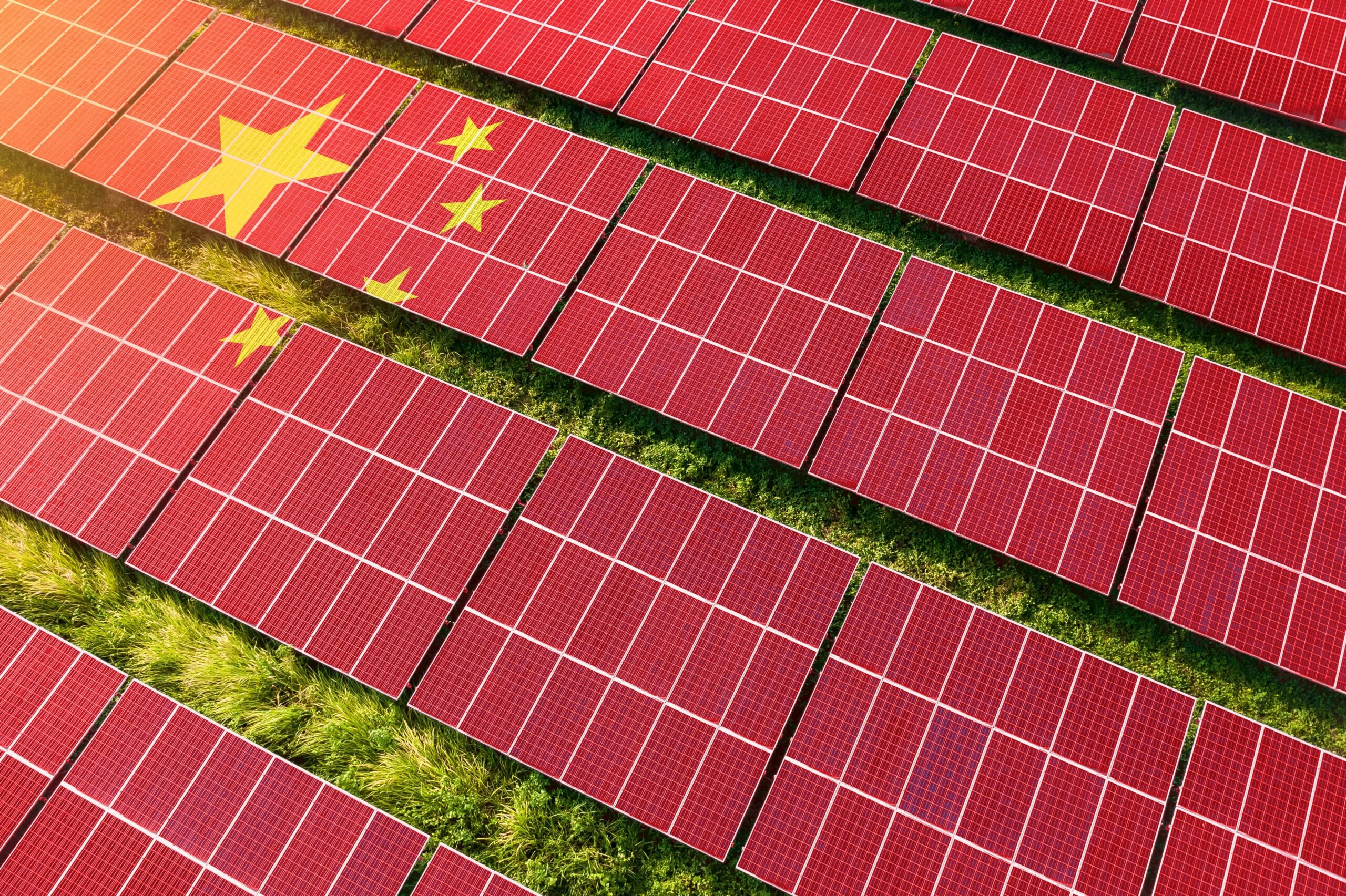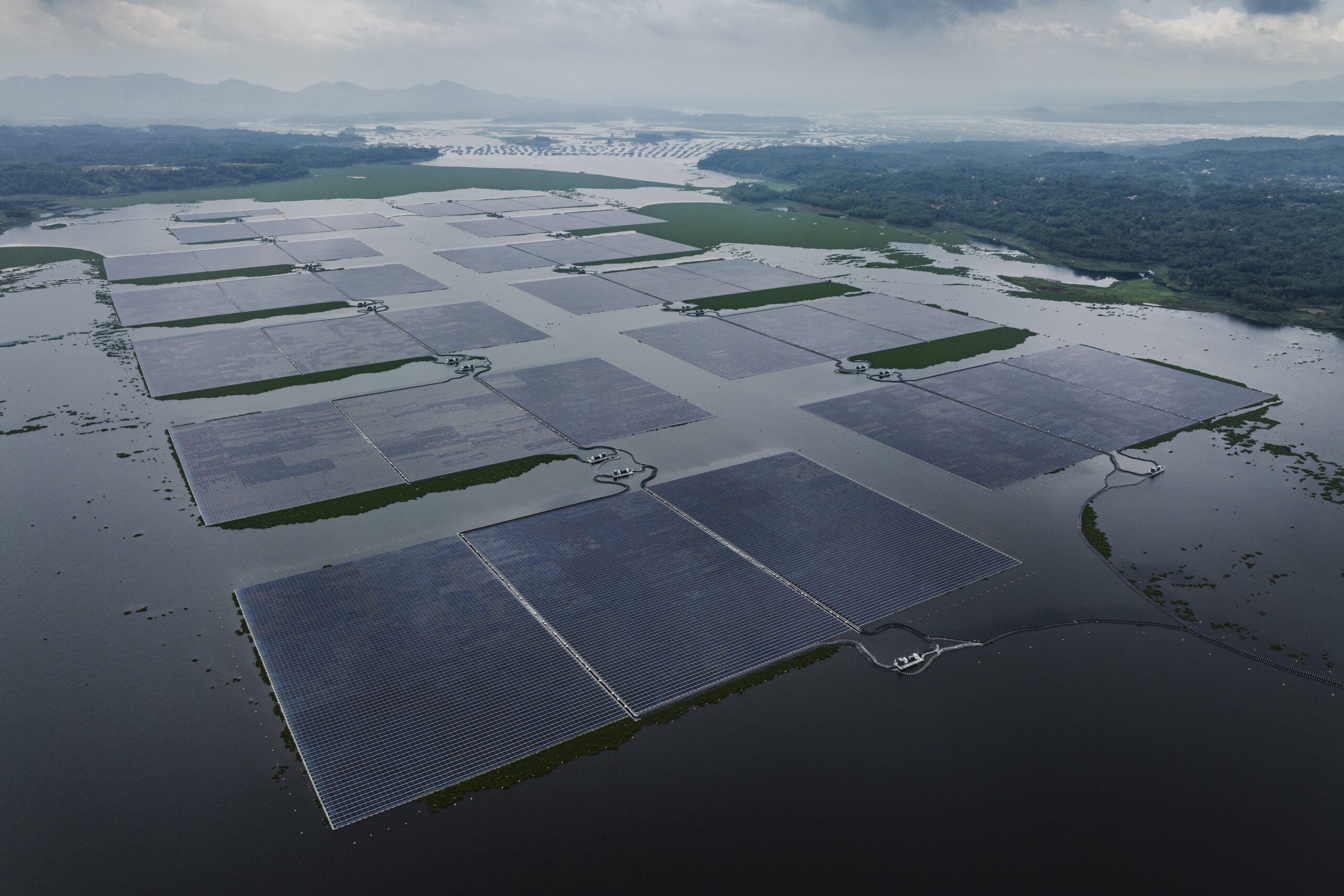-
Environmental Security Weekly Watch: October 6-10, 2025
›A window into what we’re reading at the Stimson Center’s Environmental Security Program
“Intractable” systemic problems mean carbon offsets fail to cut global heating (The Guardian)
A recent review of 25 years of evidence found that carbon credit quality issues stem from deep-seated structural flaws, and not isolated cases of fraud. Researchers point to four major flaws that undermine most carbon offset projects. The worst problems include issuing credits for already-planned projects, impermanent solutions (forests that later burn), incidences of leakage (such as protecting one forest area while pushing logging elsewhere), and double-counting which allows both seller and buyer to claim the same emission reduction.
-
Environmental Security Weekly Watch: September 29 – October 3, 2025
›A window into what we’re reading at the Stimson Center’s Environmental Security Program
Nickel Mining Threat to New Raja Ampat UNESCO Biosphere Reserve (Mongabay)
When Indonesia’s Raja Ampat archipelago received a UNESCO Biosphere Reserve designation on September 27, 2025, the new designation adding to the status it won as a Global Geopark in 2023. Yet this dual honor highlighting the archipelago’s exceptional biodiversity is now under threat from intense pressure from global demand for nickel for electric vehicle batteries that is challenging the reserve’s conservation goals.
-
Environmental Security Weekly Watch: September 1-5, 2025
›
A window into what we’re reading at the Stimson Center’s Environmental Security Program
Chinese Company Accused of Covering Up Extent of Major Toxic Mining Spill in Zambia (Associated Press)
In February, a dam collapse at Chinese-owned Sino-Metals Leach Zambia copper mine released toxic waste into the Kafue River, which provides water for over half of Zambia’s 21 million people. An independent investigation by South African company Drizit found that 1.5 million tons of toxic material were released in the spill, which is 30 times more than Sino-Metals admitted to spilling. When Drizit’s investigation was set to reveal extensive contamination verified through 3,500 samples, Sino-Metals terminated their contract one day before the final report was due.
-
China’s Off-grid Solar Home Systems Light Up Lives in Sub-Saharan Africa
›China and the Global Energy Transition // China Environment Forum // Guest Contributor // July 10, 2025 // By Charles MpakaIn a rural, hard-to-reach area of Blantyre district in southern Malawi, Ephraim Louis cannot imagine where his life would be without the solar panel on the roof of his house. “I am not a captive of darkness anymore,” says Louis, 42. “It’s been more than 10 years since I installed this [solar panel] system. We still don’t have the main grid anywhere near us and no one here thinks it will ever come.”
-
How Solar Powered Water Pumps in Pakistan Also Empower Women and Girls
›Dot-Mom // Guest Contributor // March 12, 2025 // By Faiza Rab, Natalie Jette, Uroosa Khatti, Manzoor Ali, Jam Singh & Salim Sohani
In the arid expanse of Tharparkar region of Sindh, Pakistan, the land is parched, and the desert stretches endlessly. Scarcity defines existence, and shapes every facet of daily life. Over 80% of the population this semi-arid region of the Thar Desert lacks access to safe drinking water, and poor sanitation heightens the risk of health crises.
-
Photo Essay: Indonesia’s Decarbonization Tipping Point
›China and the Global Energy Transition // China Environment Forum // Guest Contributor // Vulnerable Deltas // February 20, 2025 // By Ulet Ifansasti & Jacob Dreyer -
China’s Role in Financing the Energy Transition in the Global South
›China and the Global Energy Transition // China Environment Forum // Guest Contributor // February 13, 2025 // By Muyi Yang & Xunpeng ShiAs the world inches closer to the critical 1.5°C warming threshold, the demand for decisive climate leadership has never been more pressing. The US withdrawal from the Paris Agreement on January 20, 2025 has left a leadership void. The confluence of these events also has raised the question of whether China can do more to fill the finance gap and help Global South countries decarbonize.
-
Can China Fuel Indonesia’s Clean Energy Transition?
›China and the Global Energy Transition // China Environment Forum // Guest Contributor // Vulnerable Deltas // January 30, 2025 // By Jacob DreyerIndonesia’s economy is on a roll. The archipelago nation harbors ambitions for 8% growth a year on its growing strength as an exporter of coal, palm oil, LNG, and stainless steel made from its booming nickel mining industry.
Investments from China are driving this growth—and run the gamut from traditionally dirty industries (mining, steel, and aluminum) to the crown jewels of Chinese clean energy tech: batteries, electric vehicles (EVs), and solar panel production. In 2023, Xinyi Glass, the world’s largest solar PV panel maker, announced an 11.5 billion USD investment in a quartz sand processing plant in Indonesia.
Showing posts from category solar.











